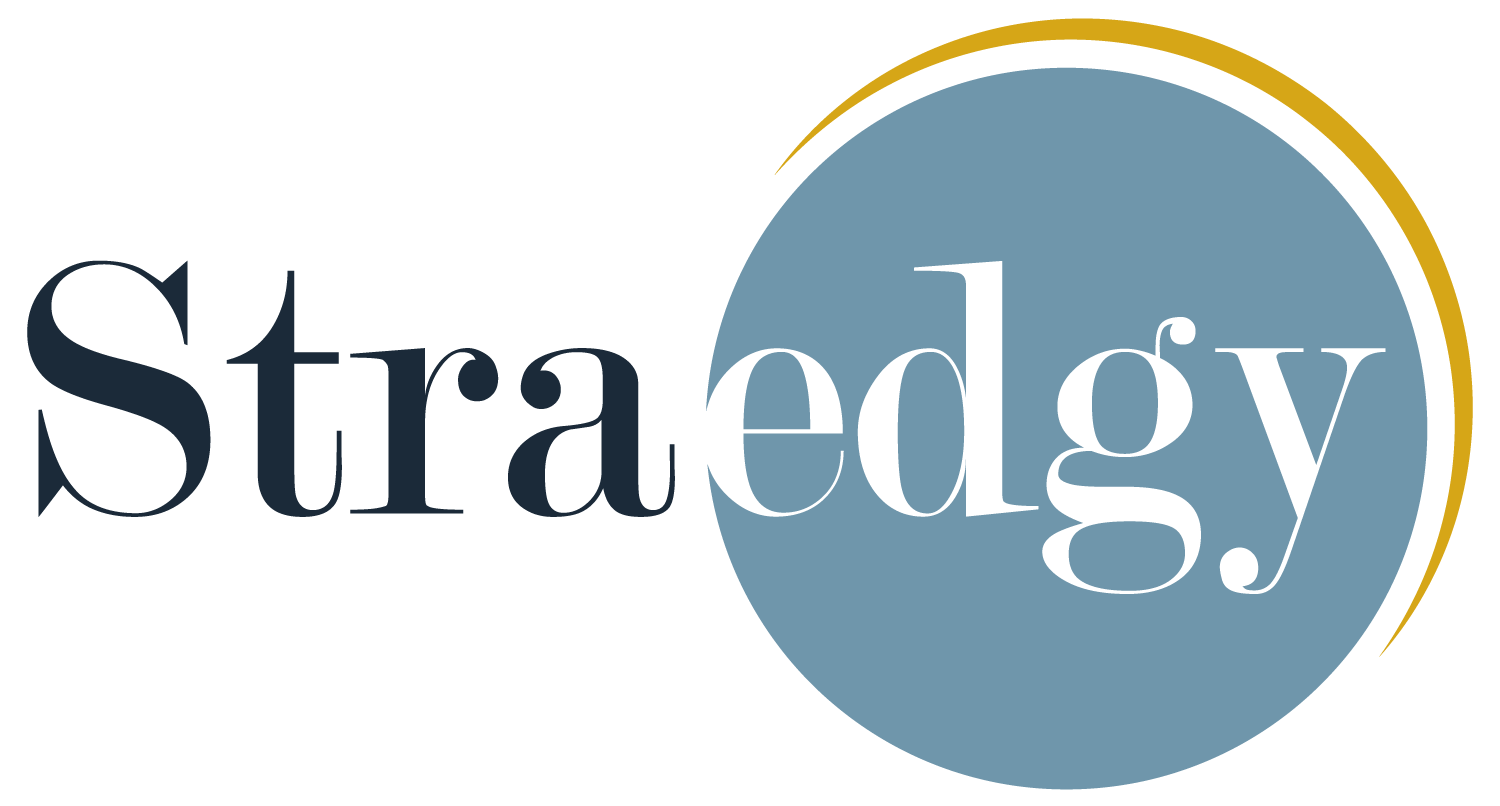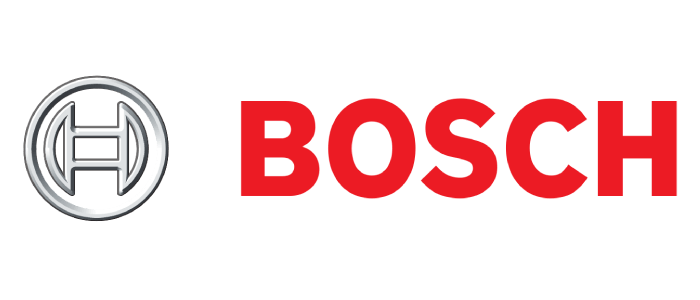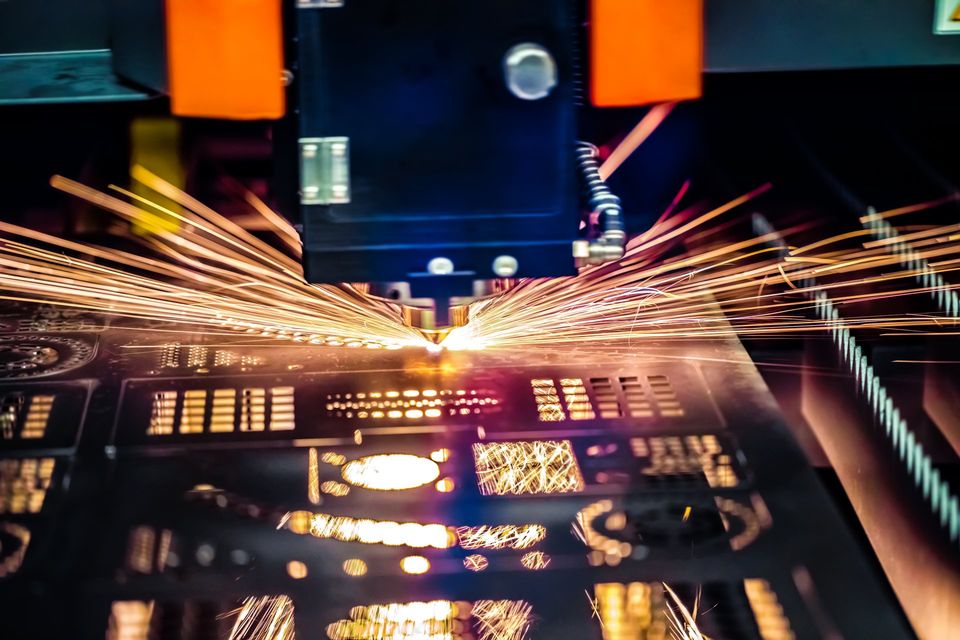Forge New Territory
The revolution of the Internet of Things has blurred the lines between human and machine interactions as technology advances the productivity, inter-operability, and harmony of people, process, and things.
Bosch, a well-respected global leader in the field of industrial manufacturing, had developed a shop floor software for internal use in their factories in Europe. As a premier manufacturer on the cusp of Industrie 4.0 thinking, Bosch recognised their technology could be repurposed for commercial use. The evolution of miniaturized computing power, artificial intelligence, and virtual reality techniques, when combined with manufacturing automation, would be the catalyst to pivot Bosch from a manufacturing-based entity to the new world of digitization that could be further commercialized.
Bosch published a statement; “The Factory of the Future is not possible without software. In the background, intelligent software solutions ensure the connection of humans, machines, and components. Bosch Connected Industry bundles these solutions in a comprehensive portfolio of Industry 4.0 solutions simplify the daily work of employees and optimize production in terms of transparency, agility, cost, quality, and time.”
Bosch European executives determined that in order to properly assess this new potential, they decided to dip their toe into North American markets, starting with an investigative launch from the base Headquarters in Chicago. In an effort to better understand the market acceptance and gain insight into the vast landscape that presented itself in North America, Bosch hired a business process expert as their new Director of Business Development. In that role, this executive was responsible for surveying the market potential, conducting interviews with prospective buyers and report the findings back to senior management.
As part of this effort, the advisory services of Straedgy’s Growth Advisor, Wayne Wood, were retained to provide sales strategy, market analysis, and buyer engagement guidance on how best Bosch should enter this massive market and forge new territory. Weekly review calls revealed the magnitude of entering the market would require a deeper footprint of effort in order to find, attract, and convert prospects into customers.
Straedgy observed these complexities and designed a process of how best to orchestrate success in marketing, selling, and services to the US manufacturing market.
The lack of audience awareness of Bosch, in combination with customers lack of interest, required them to stop and rethink their model. This represented significant challenges for the Director to get traction, let alone face-time with prospective buyers. The audience was vast, extremely technical, and lacked the necessary knowledge to embrace the concept of Industrie 4.0 with open arms. Compounding the problem was the challenge in needing to manage the unique buying expectations of a complex group of stakeholders who held individual beliefs, priorities, and experiences. This was magnified by extremely complex production environments where customer appetite for change was guarded.
Our work with Bosch proved to be an invaluable experience and enlightened us to the fact that the emerging technologies in the Internet of Things (IoT) required vendors to establish dedicated marketing resources to supply meaningful and relevant buyer-specific content. What was of significant importance was the need for highly skilled sales engineers who possess the industry acumen in order to “Speak the language of the Buyer”. Sales enablement material protracted sales productivity, as playbooks and battle cards were non-existent. Most of all, there was the need for Bosch as a global player to accurately reshape their relevance of this new divisions' offering, such that it resonated with the exact interests of the identified buyer personas in an efficient and effective manner.
engage
Entering a new market requires careful planning, market research, and investment in resources. Given Bosch's brand equity, a newly created software group was formed to exploit their internal Internet of Things (IoT) portfolio of manufacturing capabilities. Global entry would begin with North America.
enable
Critical to Bosch's new market entry, would be the need to determine how best to enable prospective buyers to "Cross the Chasm of Trust" and embrace an unknown new approach to manufacturing excellence in North American.
It would require a strategic edge.
empower
In order to quickly gain entry into a new market, sales resource needed to be empowered with the exact knowledge that speaks the language of the buyer.
This requires independent insights and quantitative research data points provided by Straedgy.
Straedgy was able to help me focus on everything from overall personal sales and career strategy, to day-to-day pipeline building discipline, to ways of reaching senior decision-makers, to specific deal-closing tactics, whatever was needed."
John Morris | Former Director of Business Development, Bosch Software Innovations



